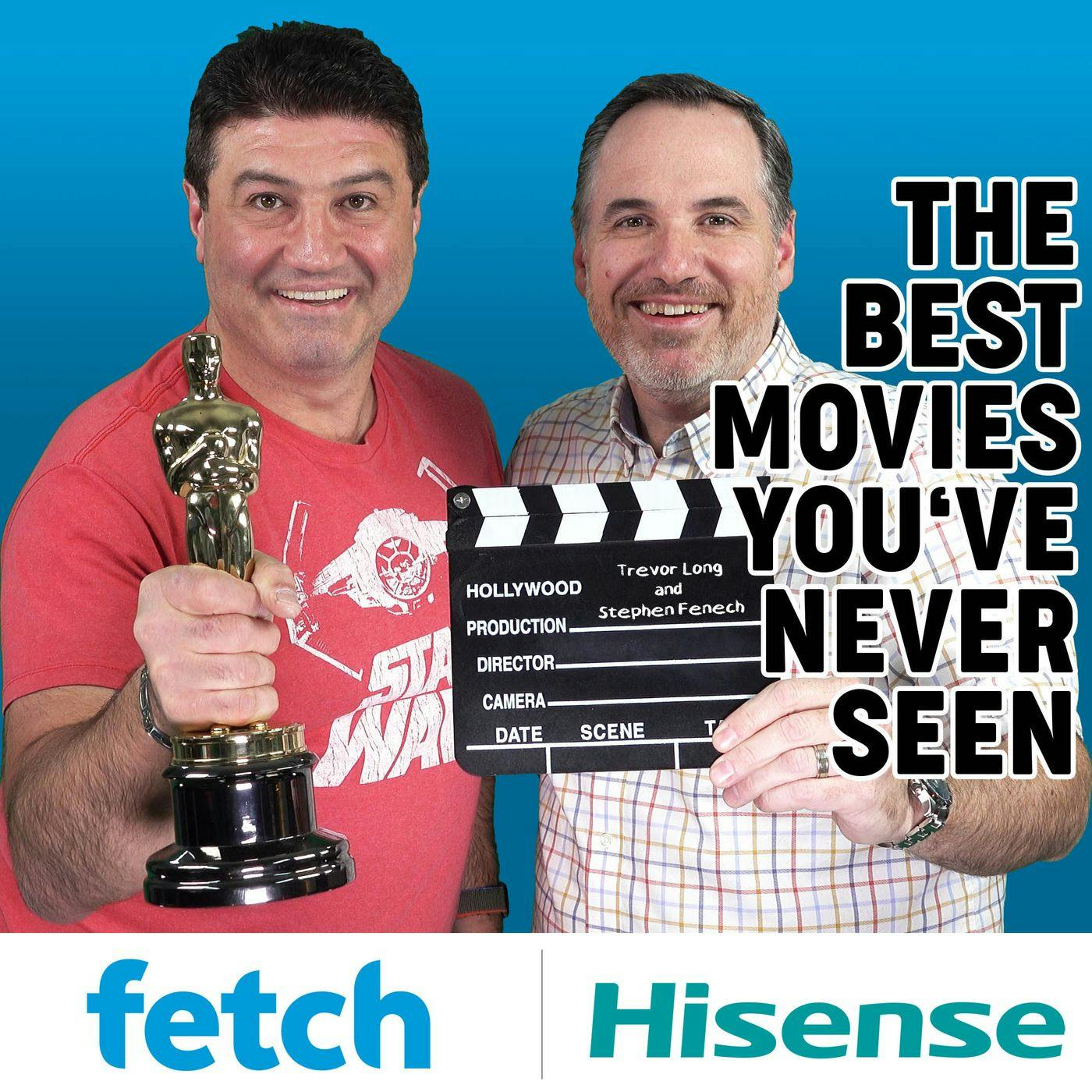.png)
The Late Bloomer Actor
Welcome to "The Late Bloomer Actor", a monthly podcast series hosted by Australian actor David John Clark.
Join David as he engages in discussions with those that have helped him on his journey as a late bloomer actor, where he shares personal stories, insights, and wisdom gained from his unique path as a late bloomer actor and the lessons he has learned, and continued to learn, from the many sources available in the acting world.
Each episode features conversations with actors and industry insiders that have crossed paths with David who generously offer their own experiences and lessons learned.
Discover practical advice, inspiration, and invaluable insights into the acting industry as David and his guests delve into a wide range of topics. From auditioning tips to navigating the complexities of the industry, honing acting skills, and cultivating mental resilience, every episode is packed with actionable takeaways to empower you on your own acting journey.
Whether you're a seasoned actor, an aspiring performer, or simply curious about the world of acting, "The Late Bloomer Actor" is here to support your growth and development. Tune in to gain clarity, confidence, and motivation as you pursue your dreams in the world of acting. Join us and let's embark on this transformative journey together!
The Late Bloomer Actor
Off Script: Adelaide Film Festival 2024 Opening Night Red Carpet Event
Text The Late Bloomer Actor a Question or Comment.
In this special Off Script Episode, I am on the red carpet of the opening night for the 2024 Adelaide Film Festival. The opening movie being The Correspondent. Directed by Kriv Stenders and staring Richard Roxburgh and Julian Maroun, all three of who I was very fortunate to be able to speak with on the red carpet.
The Correspondent is the true story of award winning journalist Peter Greste who reporting on the Arab Spring uprising, becoming entangled in a deadly game of rivalries, of which he was imprisoned for seven years, despite his innocence. The story follows his journey of survival on wits alone, before being released in 2015.
Enjoy this special episode. Huge shout out to the Adelaide Film Festival for giving me access to the red carpet and having this wonderful opportunity to meet Kriv Stenders, Richard Roxburgh and Julian Maroun, and hear some very insightful discussions on acting and storytelling.
Please consider supporting the show by becoming a paid subscriber (you can cancel at any time) by clicking here and you will have the opportunity to be a part of the live recordings prior to release.
Please follow on Facebook, Instagram, YouTube and Tik Tok.
And please Rate the show on IMDB.
This episode was recorded on RiversideFM - click the link to join and record.
This episode is supported by Castability - an Audition Simulator, follow the link and use the code: LATEBLOOMERACTOR for 30% of your first monthly membership.
And finally, I am a huge advocate for and user of WeAudition - an online community for self-taping and auditions. Sign up with the PROMO code: LATEBLOOMER for 25% of your ongoing membership.
David John Clark (00:00)
Hello, hello, hello and welcome to a special Off Script episode of the Late Bloomer Actor. This will be very quick. I do do an intro for you on the upcoming video or audio if you're listening to the podcast. We have the Adelaide Film Festival happening here in Adelaide, South Australia at the moment and some great films that are going around. And I've been very fortunate to be given access to the red carpet as the Late Bloomer Actor.
So I got to interview some very good guests so far and this is what this episode is. It is from The Correspondent, which was the opening night film. Kriv Stenders is the director and Richard Roxburgh is the lead in this wonderful film.
So make sure you get to check it out. If you do get a chance, it releases on the boxing day, 26th of December, I believe. And it has one more session here at the Adelaide Film Festival. So if you're in Adelaide, try and catch that next Saturday. But thank you for joining me. Before we go into this wonderful on the red carpet experience with some great chats with these people on the red carpet, some wonderful insights into acting and storytelling. I just want to call to action.
If you are keen and interested, subscribe to the podcast. There is a link in the show notes for you to do. You can do for as little as $3 a month. Well, if you feel generous to help out this wonderful podcast that I run as an independent podcaster, but any subscriber will be given access to a special opportunity. And that will be a link to all my live recording. So when I have my guests come in, you will be given an email and the opportunity to watch the live recording,
and ask questions and be involved. And this will be before the podcast is released. So a bonus for you and a chance to be part of the whole process. So, check it out. As I said, in the show notes of all these episodes, you will find a link. You can subscribe and unsubscribe at any time you like, but it would be super appreciated by me to support me and keep this journey going as we go into
2025 and season four is starting. So we finished up now. Season three has just ended. Please check it out. It's a wonderful two and a half hour episode, but it is with 12 wonderful guests who are all podcasts hosts. Most of them acting related, but a couple of outliers that are podcast related, but still wonderful chat about storytelling and everything. So check that out. Check this one out. Subscribe in the show notes and we will see you on set.
Cheers team.
David John Clark (02:32)
Hello everyone, welcome to the Late Bloomer Actor and we are coming live from the Piccadilly Cinemas here in North Adelaide for the Adelaide Film Festival 2024. This will be for The Correspondent. Kriv Stenders is the director. So This is the opening night for the Adelaide Film Festival and you'll be here with the Late Bloomer Actor.
David John Clark (02:50)
Welcome to Adelaide. Thank you, great to be here. And thank you for coming. Now this is a wonderful movie put together. Now I talk a lot on my podcast about storytelling. So as an actor coming to this movie that's based on true to life, how different is it in telling the story of a true story as opposed to a fictional story of which you've done many? Yeah, it's a...
When you're telling the story of somebody's life, especially if that person's still alive in a sense, but no matter what, there's a huge kind of debt of responsibility to the truth of the things that happened to that person. But within that...
still supremely aware of the fact that we're telling stories. So in some way it's not a documentary, it's the story of and in some way that calls on different things. So the filmmakers, all the filmmakers, the writer, the director, the sound engineer and the actors have to be aware of that fact the whole time as well. That you create a story around it so that it works.
With character development and when you approach a character, did you find any difference in what you needed to do to do a real person or did you have the same approach? Look, it is quite different in a way that it's a living, breathing guy who was there in our read-throughs and in our rehearsals. There are different, it goes on different kind of muscles because it's not a simple act of imagining. Having said that, we were...
very cognizant of the fact all along that it was not going to be a performance that was imitative. So I didn't want to do my take on Peter Greste. That was not what this is about, which I think in a sense was a relief to him.
So it's not me being Peter, it's about me kind of reaching imaginatively and hopefully empathetically into the world of the hell that he went through. Awesome. Thank you very much. I'll let you go. I know it's a big night. I'm looking forward to seeing the movie myself. Thank you for being on The Late Bloomer Actor podcast. It's a pleasure to meet you.
David John Clark (05:01)
Welcome this is The Late Bloomer Actor and we're talking to the director of The Correspondent, Mr. Kriv Stenders. Welcome back to Adelaide. Thank you. It's great to see you here. Now, I know you're very busy and you need to get on, so I want to ask one quick question. My podcast talks a lot about storytelling. So how important do you think storytelling is in movies, especially when The Correspondent is based on true life or a fictional story?
Well, it's all about storytelling. That's what we are. That's what we do. That's what, you know, ever since there was a fire and people gathered round, they listen to stories and stories help us decode
our lives. They help us understand danger, help us understand fear, they help us understand love, they help us understand all these emotions that we're always feeling. So storytelling is essential to who we are as human beings. And the great thing about filmmaking is that it's three-dimensional storytelling. So that's why I love films, that's why I love cinema, because you go into a cinema and you go to, for example, in my film, you get to go to Cairo and experience something through someone else's eyes that you normally wouldn't experience in your own life. So they're transformative
time machines that take you somewhere and make you feel something that you normally wouldn't feel in your normal life and that's what a story is I think, especially a film story. As a director how hard or different was it when you know that it was based on true to life and some pretty hectic scenes that everyone went through in this so how hard was it to try and make sure that you told the story correctly?
Well, what's great about truth is that it's not hard because truth is always stranger than fiction and truth is truth. So all you try and do when you're telling a true story is work out what is meaningful about, what's the part of the true story that's actually resonating and universal and what is it about the true story that's actually important. And once you kind of find that core energy or that core theme or that core idea, then all you're trying to do is make sure that it sounds truthful,
that it feels truthful, but it's also compelling. And you do have to take license. You do have to take what's called dramatic license in order to make it work as a story, because that's your job as a storyteller. But what you're always trying to do is stay true to the spirit of the story and stay true to the ultimate authenticity and truth of the story. Awesome. Thank you very much. Welcome back to Adelaide. And as I like to say on my podcast, hopefully I'll see you on set. Yeah, great. you.
Thank you.
David John Clark (07:31)
I'm David John Clark with the Late Bloomer Actor. I have a podcast here in Adelaide where I talk and reach out with actors that I've known. What's your role in this movie? I'm playing the character Mohamed Fahmy,
obviously based on one of the three who were all incarcerated together with Baher Mohamed who is Rahel Romahn and Richard Roxburgh is Peter Greste. Awesome and in my podcast we talk a lot about storytelling and truth in storytelling so The Correspondent is obviously based on true to life and real stories as an actor and as a part in this movie what do you feel that the truth in storytelling comes whether it's a real life story like this one or
just to stay straight up fictional story. I'll speak to it as it pertains to me as an actor. Having the real person available there to be able to study, to read his book, to watch every single interview and find every single piece that existed out there.
And to be able to get so immersed in the world of this person is the high life experience I've ever had as an actor. Because the parameters are set of, you you've got to bring this to life and your interpretation of it. And so I just had so much fun diving so far into the world of who this person is. And he's quite polarizing. In your acting career, is this the first time you played a real life person?
Yeah, yeah, like a historical figure? Absolutely, yeah, this would be the first time. And how difficult was that in your preparation compared to a normal character? Well, I think you could ask my family. I got quite far into it, you know, and I was pretty obsessive in terms of wanting to make sure that it lived up to what my interpretation of this person was and just Peter's story, you know, doing justice to this significant story, to the criticality of the piece, to the idea of journalism and being able to actually get your stories
out like you know you want to do that justice so I yeah I gosh what a time. Awesome well you have a wonderful night here in Adelaide at the festival and the opening night for The Correspondent. So thank you for being on The Late Bloomer Actor podcast. Thanks for having me I look forward to listening. Thank you very much nice to meet you.
David John Clark (09:44)
Well there you go ladies and gentlemen, that's the Adelaide Film Festival. David John Clark, The Late Bloomer Actor, coming live from the red carpet as you can see. We've had a great chat with the stars of The Correspondent tonight. This is just the start of the Adelaide Film Festival.
There's plenty of movies, there's over 100 movies to see from all around the world including Adelaide and Australian movies. Check it out and thank you for coming to the Late Bloomer Actor on the Red Carpet, my first experience. Cheers guys, see you on set.
Podcasts we love
Check out these other fine podcasts recommended by us, not an algorithm.
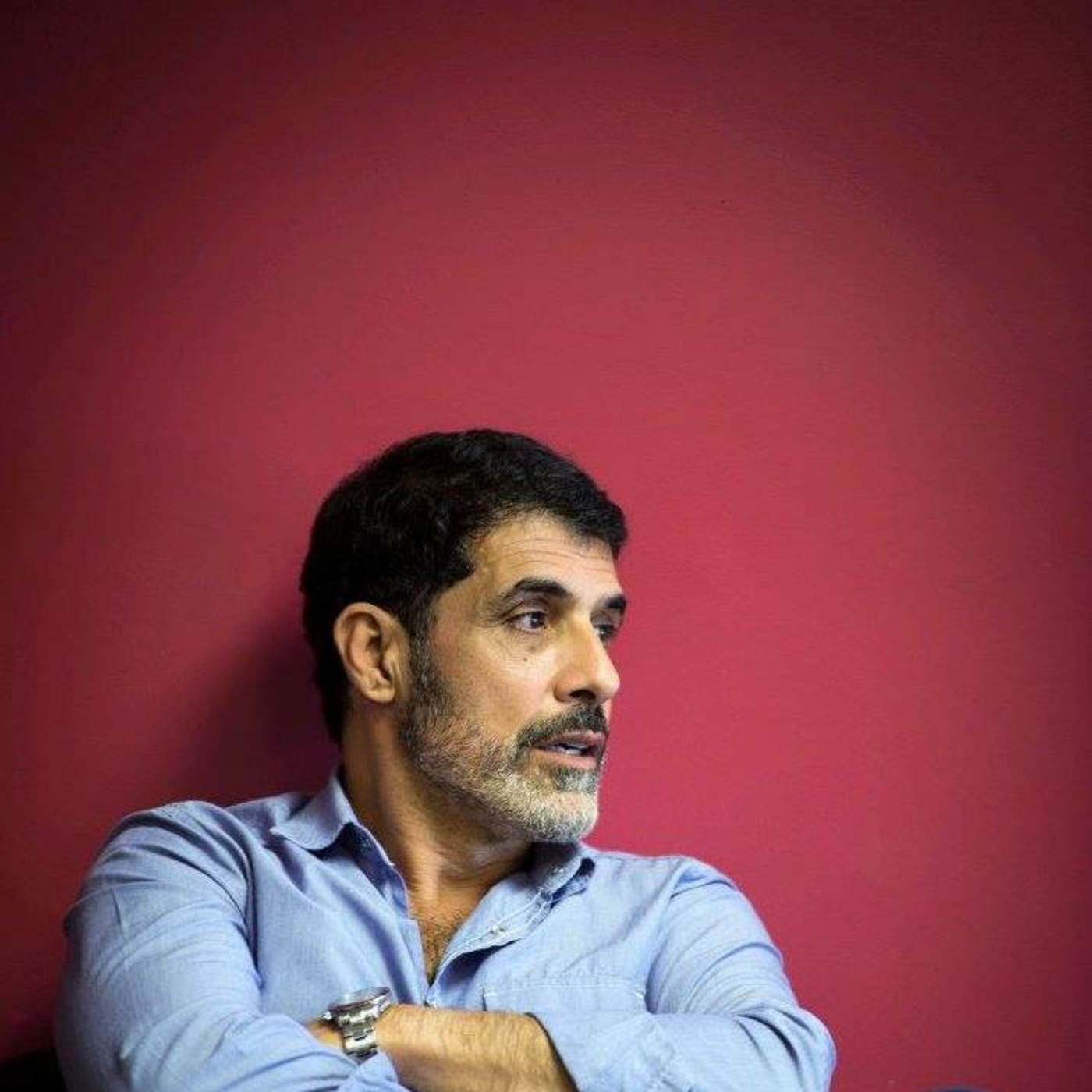
The Real Life Actor
Jeff Seymour
Audrey Helps Actors Podcast
Audrey Moore
Tipsy Casting
Jessica Sherman and Jenn Presser
Castability: The Podcast
The Castability App
Wendy Alane Wright's Secrets of a Hollywood Talent Manager Podcast
Wendy Alane Wright
Think Bigger Actors Podcast
DaJuan Johnson
ACTORS! YOU ARE ENOUGH!!
Amy Lyndon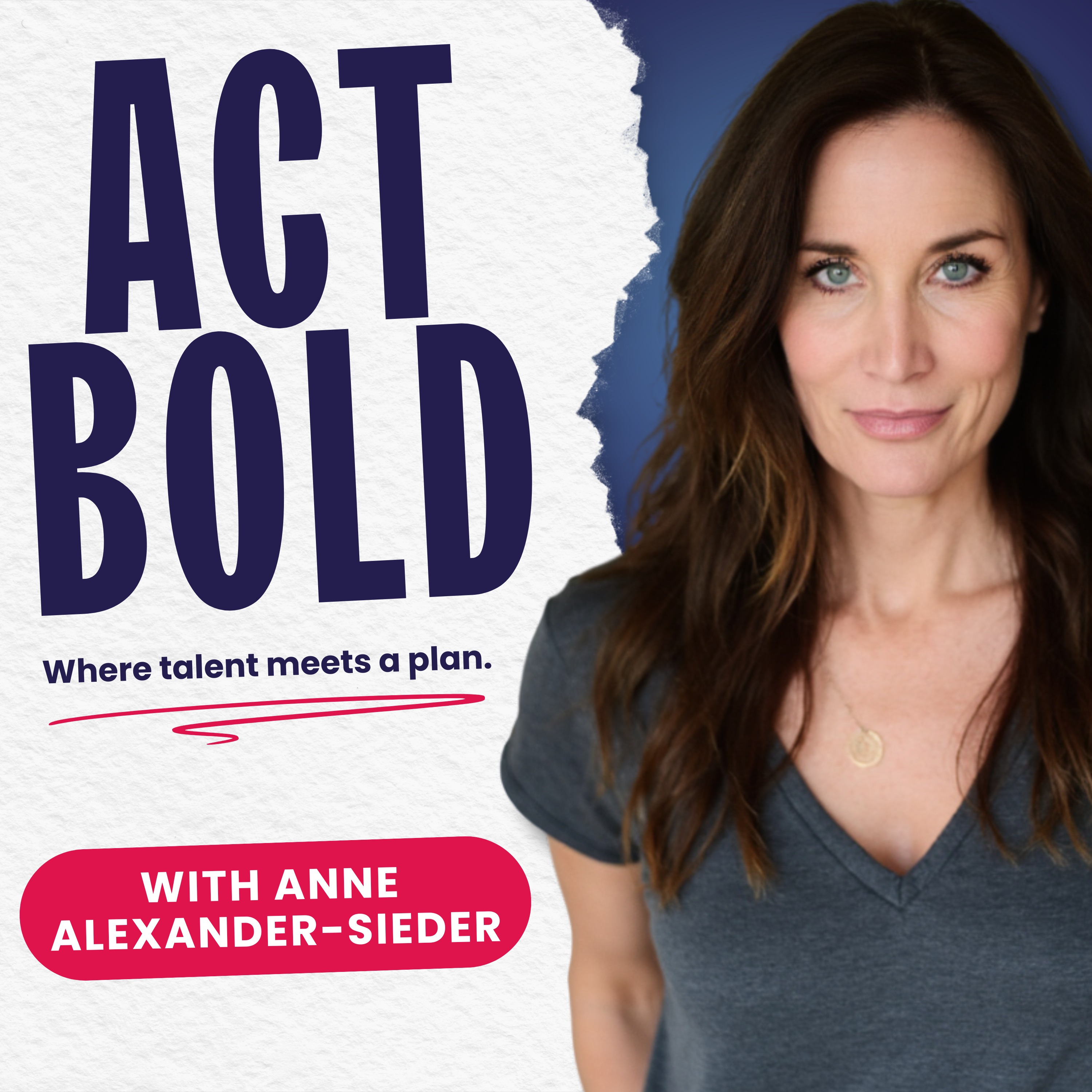
Act Bold - Where Talent Meets A Plan
Act Bold with Anne Alexander-Sieder
An Actor Survives
Emily McKnight
Podnews Weekly Review
James Cridland and Sam Sethi
Buzzcast
Buzzsprout
Box Angeles (for Actors)
Mike 'Box' Elder
Brian Breaks Character
Brian Patacca
Celebrity Catch Up: Life After That Thing I Did
Genevieve HassanCinema Australia
Cinema Australia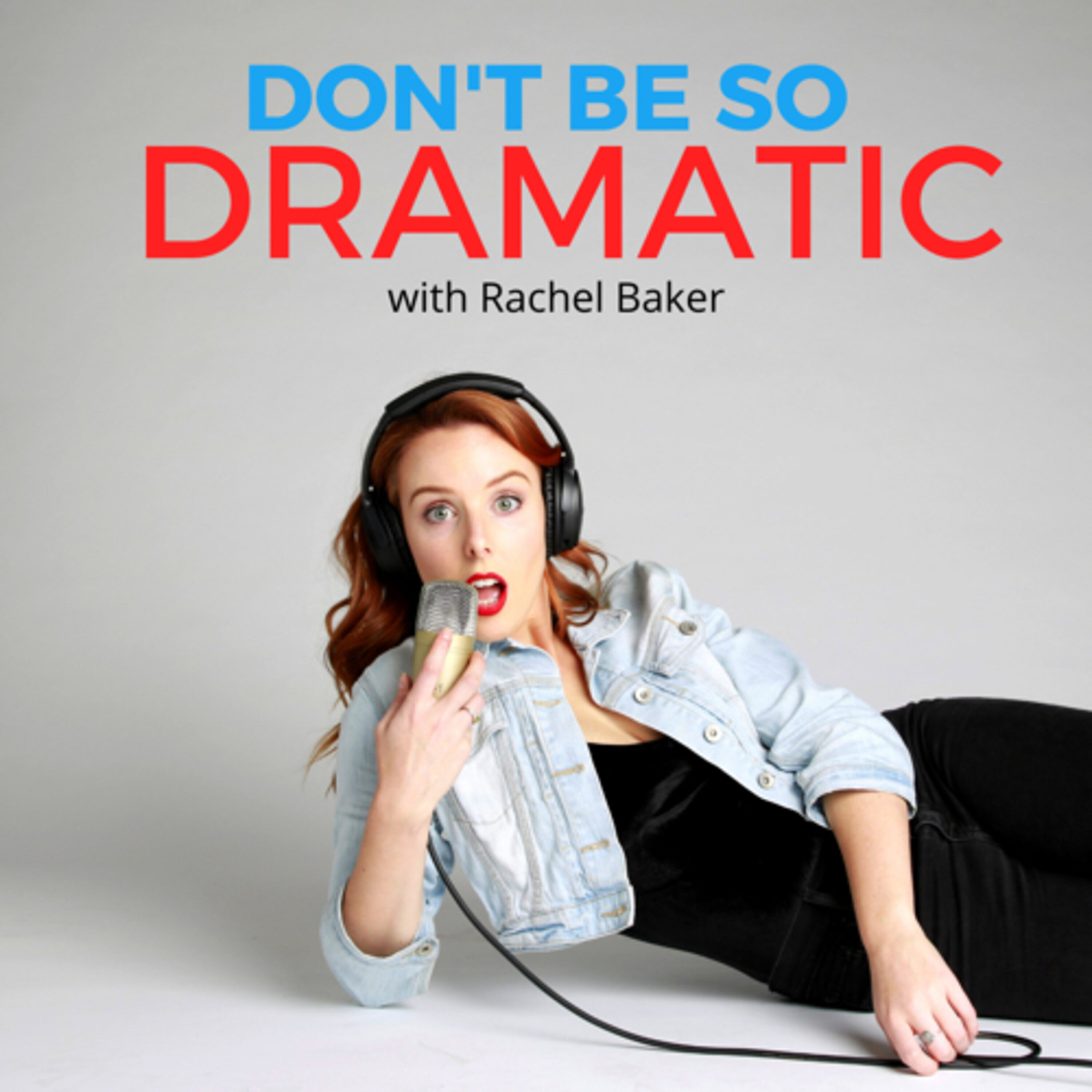
Don't Be So Dramatic
Rachel BakerEquity Foundation Podcast
Equity Foundation PodcastIn The Moment: Acting, Art and Life
Anthony MeindlIn the Envelope: The Actor’s Podcast
Backstage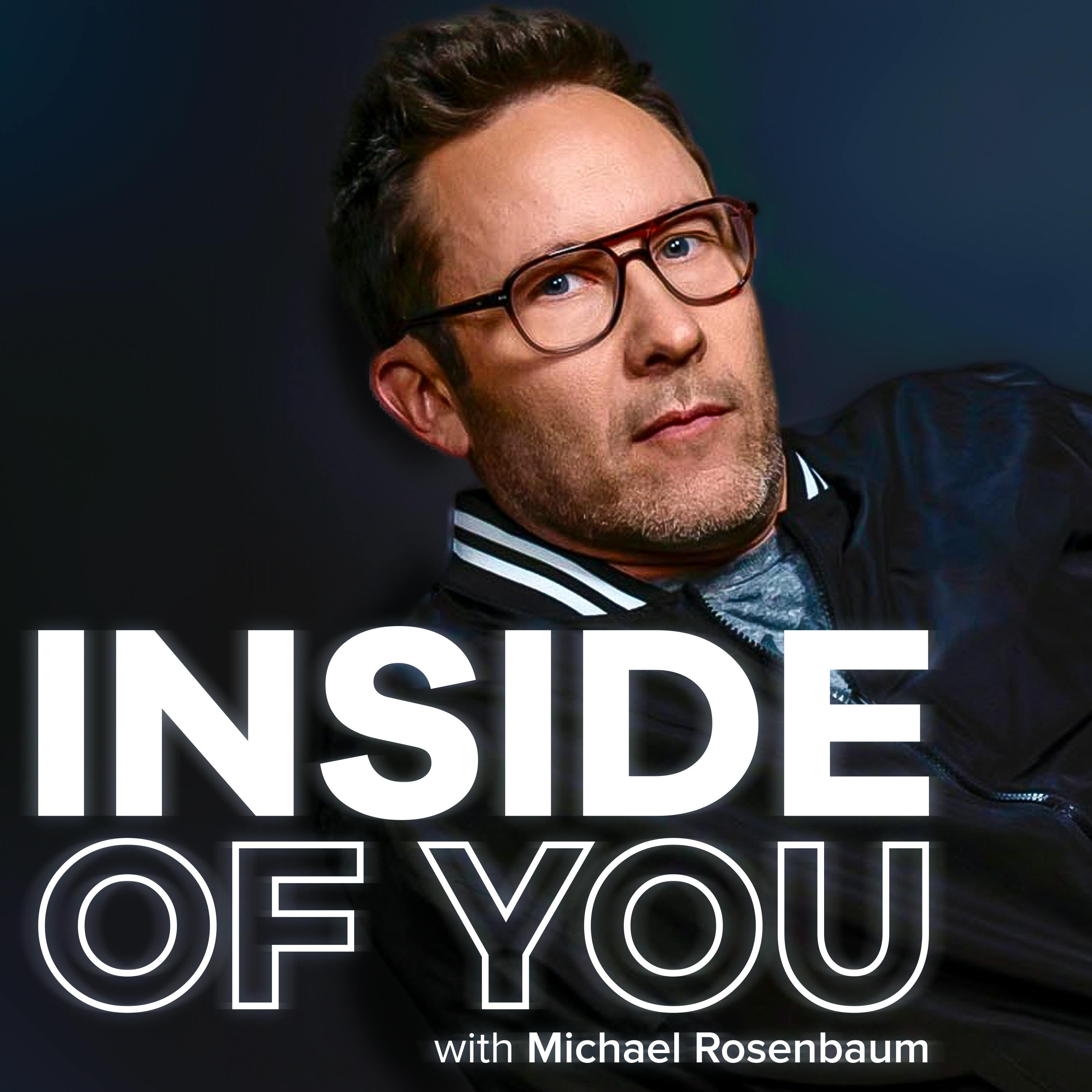
Inside of You with Michael Rosenbaum
Cumulus Podcast Network
Inspired by Nick Jones
Nick Jones
Killer Casting
Lisa Zambetti, Dean Laffan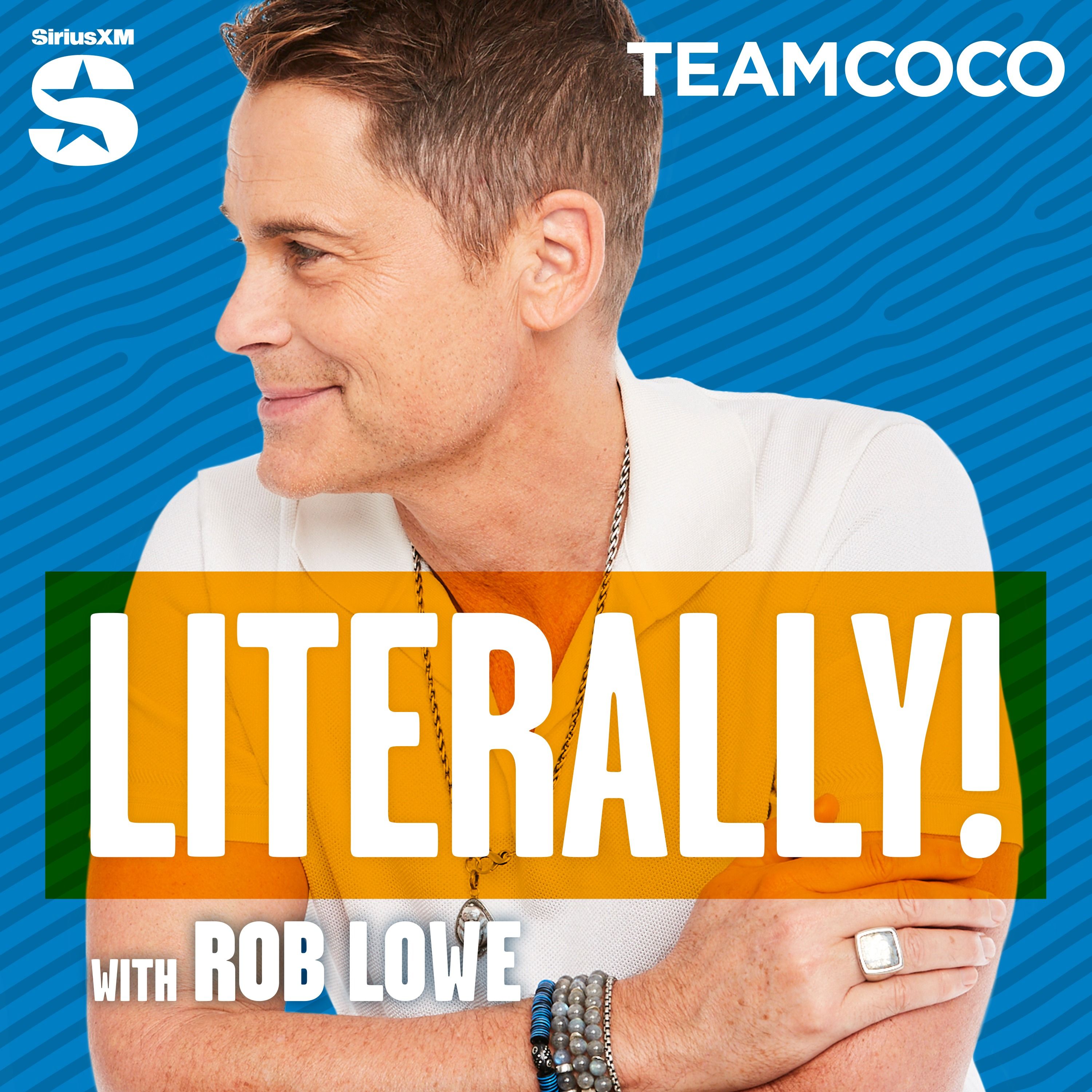
Literally! With Rob Lowe
Stitcher & Team Coco, Rob Lowe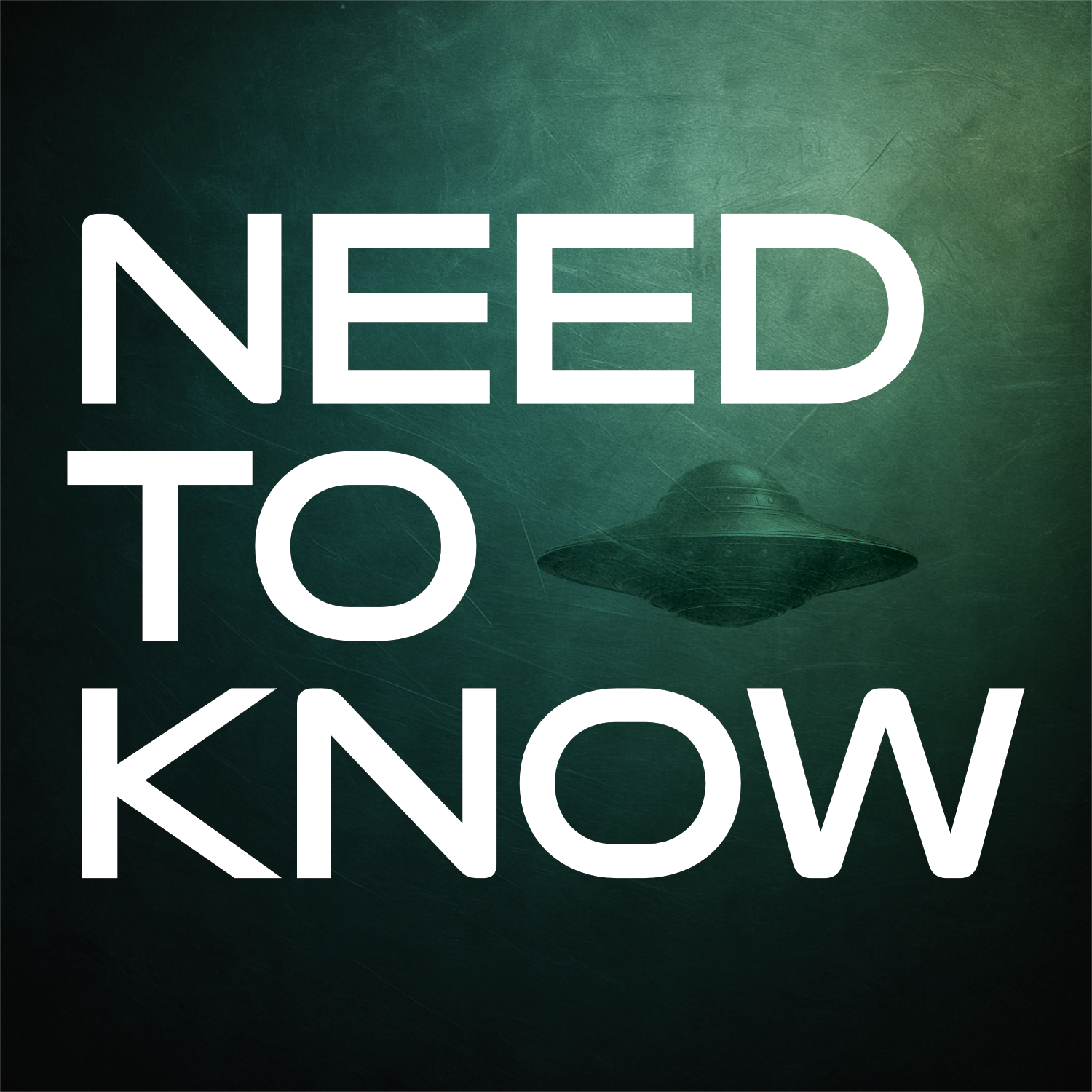
Need To Know
Bryce Zabel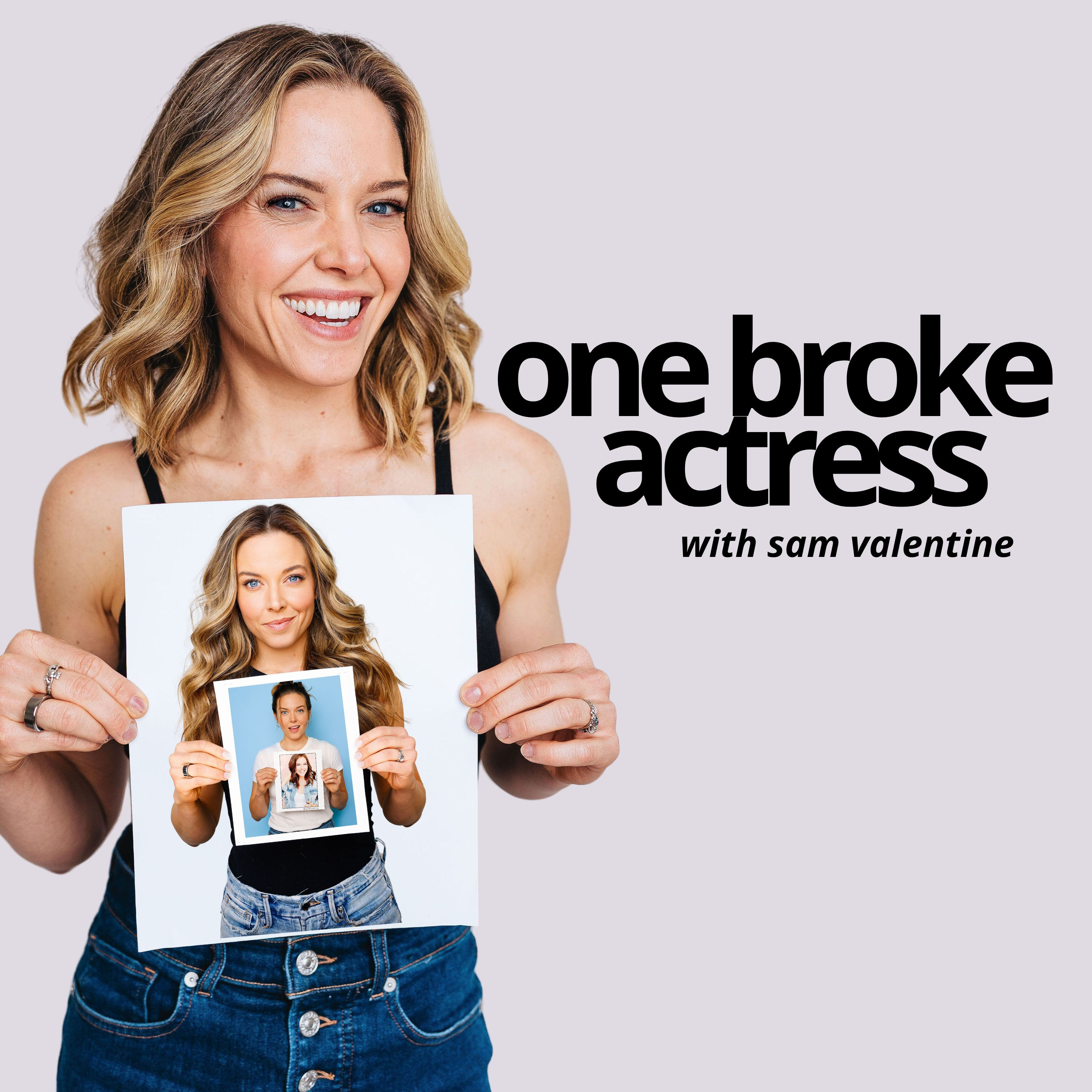
One Broke Actress
Sam Valentine
REAL ONES with Jon Bernthal
Jon Bernthal
SAG-AFTRA
SAG-AFTRA
SAG-AFTRA Foundation Conversations
SAG-AFTRA Foundation
Second Act Actors
Janet McMordie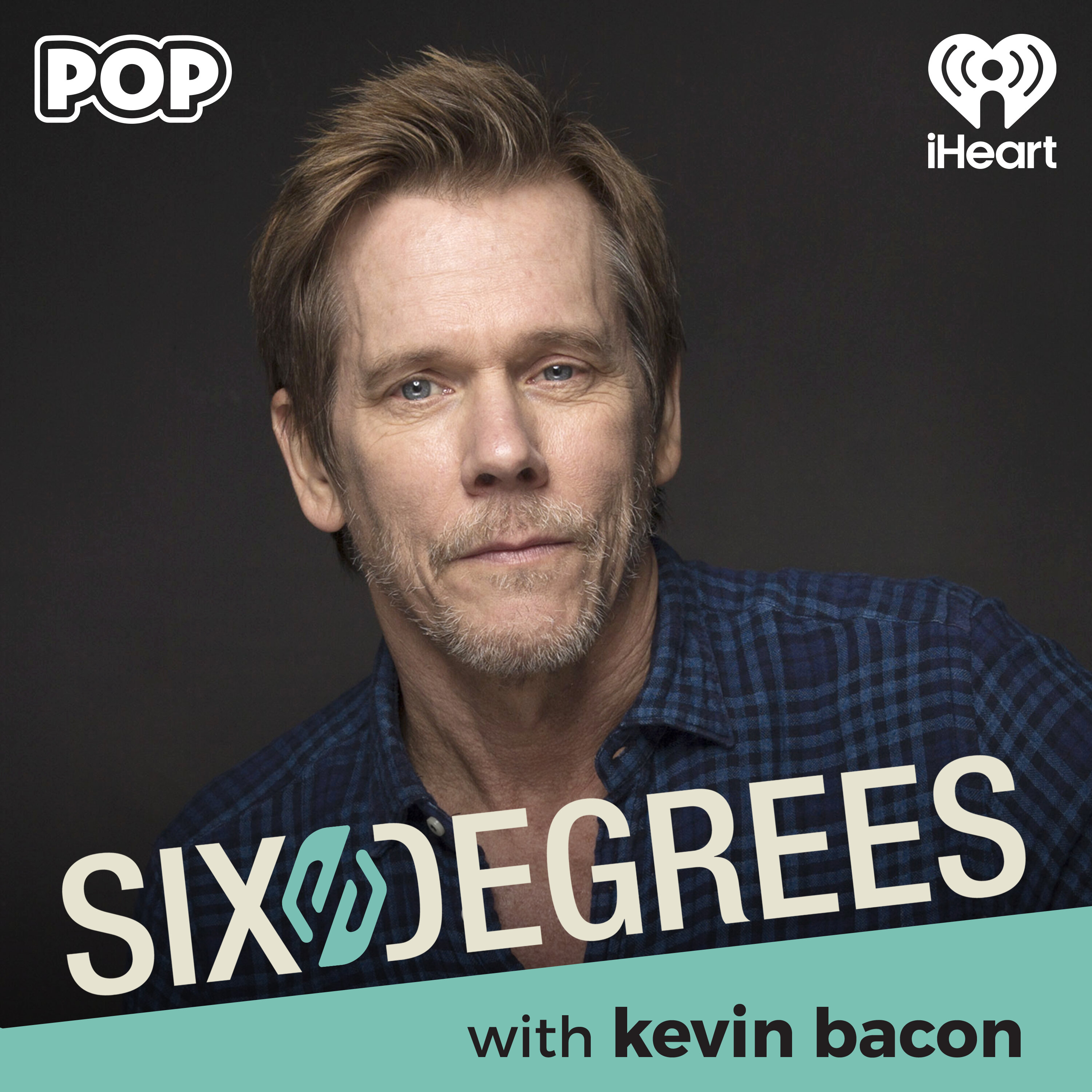
Six Degrees with Kevin Bacon
iHeartPodcasts and Warner Bros
SmartLess
Jason Bateman, Sean Hayes, Will Arnett
That One Audition with Alyshia Ochse
Alyshia Ochse
The 98%
Alexa Morden
The Acting Podcast from The BGB Studio
Risa Bramon Garcia and Steve Braun